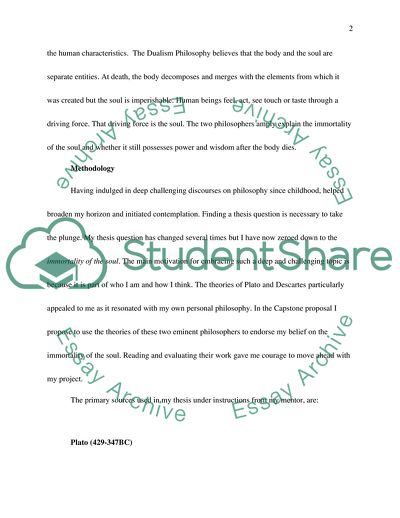Cite this document
(Viewpoints of Plato and Descartes on a Soul Essay, n.d.)
Viewpoints of Plato and Descartes on a Soul Essay. https://studentshare.org/religion-and-theology/1704060-philosophy-plato-descartes-philosophy-of-the-soul-proposal
Viewpoints of Plato and Descartes on a Soul Essay. https://studentshare.org/religion-and-theology/1704060-philosophy-plato-descartes-philosophy-of-the-soul-proposal
(Viewpoints of Plato and Descartes on a Soul Essay)
Viewpoints of Plato and Descartes on a Soul Essay. https://studentshare.org/religion-and-theology/1704060-philosophy-plato-descartes-philosophy-of-the-soul-proposal.
Viewpoints of Plato and Descartes on a Soul Essay. https://studentshare.org/religion-and-theology/1704060-philosophy-plato-descartes-philosophy-of-the-soul-proposal.
“Viewpoints of Plato and Descartes on a Soul Essay”. https://studentshare.org/religion-and-theology/1704060-philosophy-plato-descartes-philosophy-of-the-soul-proposal.


